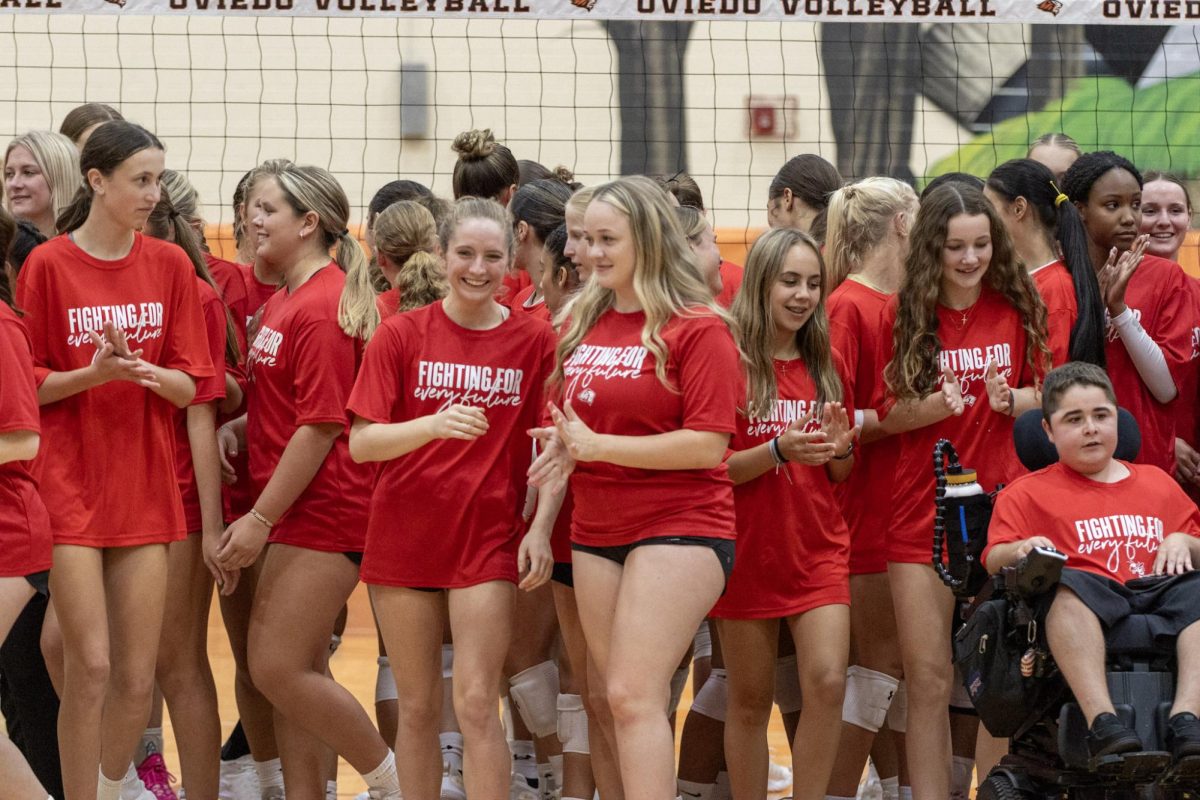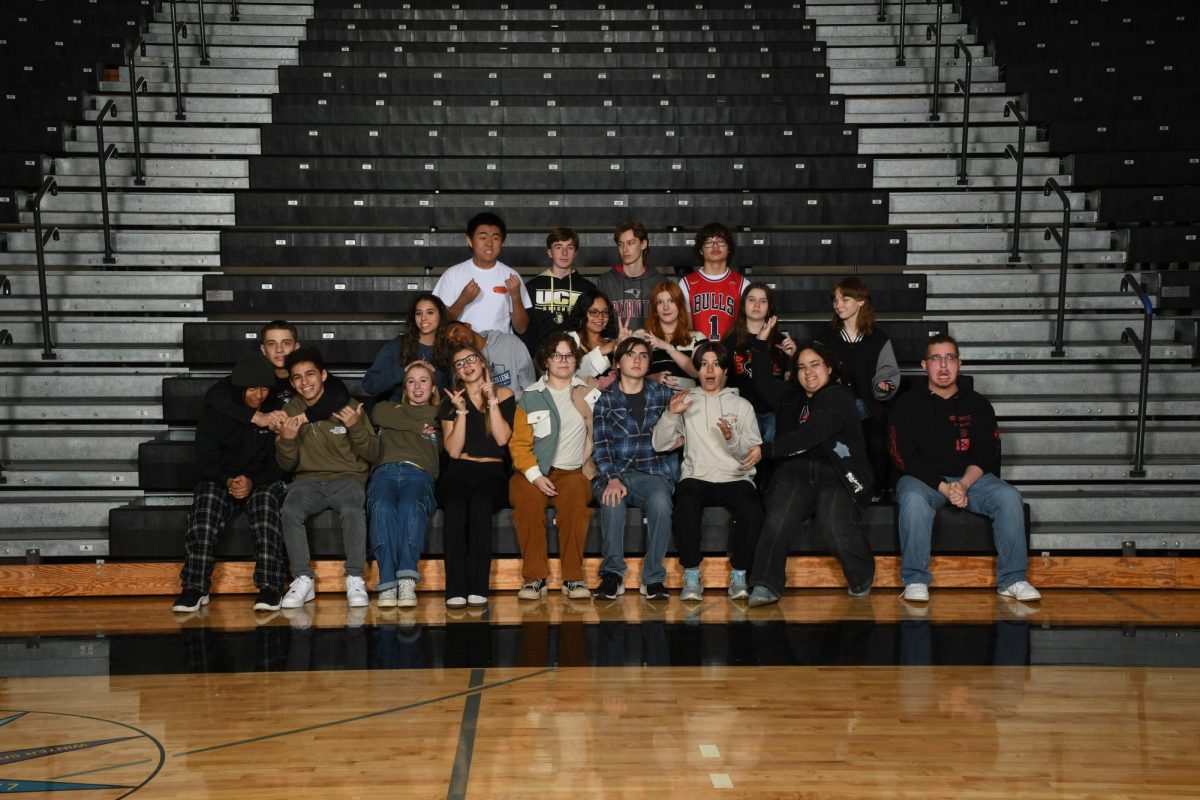The dystopian American Dream of going to college has been glamorized for years, almost shoved down students’ throats since they could walk. Many are naive to believe that college equates to instant success, when in reality, the choice can mean the opposite. Not to mention, some individuals are tired of the repetitive cycle. College may take anywhere from two to twelve years, and that can be costly on both the body and wallet. This time could also have been spent exploring hobbies and trade skills that may not be taught in high school. Not everyone wishes to attend university, and that should be respected.
Studying in the country can be costly for students, with public in-state colleges costing $10,662 per year and private schools costing $42,162 per year. Although scholarships and grants can help, tuition is still largely unaffordable, considering that degrees may take several years to be awarded. Student loans are a solution, but may take a lifetime to pay back, and inevitably trap students in never-ending debt cycles. Moreover, not everyone can handle the amount of work and time college entails. College is not always the answer. However, there are smarter alternatives that can match the chances of success and create a more reasonable financial situation.
Trade schools, which focus on applied skills like construction, are a quicker and cheaper alternative to university, ranging from six months to a year. In Florida, the total cost of trade schools is less than $33,000, with an average of $16,000. A bachelor’s degree, in contrast, costs around $150,000, according to College Board.
Facing a global labor shortage, the U.S. Chamber of Commerce stated that Florida has only 53 workers for every 100 jobs, suggesting that many companies are willing to pay more to hire and keep viable workers.
Although many advocate that trade jobs are lower-paying, that is not necessarily true. Payment varies with every job, just like college degrees. In Florida, electricians make about 24 dollars per hour, while a fine arts degree may pay less reliably.
Certifications are another alternative to college that cost between $1000 to $5000. These can be for various specializations, such as Adobe products for graphic design and photography, or Microsoft certifications for business and data scientists. Individuals may then begin in a higher-paid position.
Serving in the military is another option, providing fully paid tuition, numerous health benefits, and military discounts in many establishments. The military also provides training in several fields, such as a military aircraft mechanic, possibly satisfying the need for college to become an aerospace technician.
Many also invest in a gap year before college, which can serve as time to travel, a much-needed break from school, or perfect their college application. Students may also secure a job in their chosen career or take time to volunteer.
Regardless of whatever path you may choose, it is important to remember your passions, and that having a college education does not define you. Each individual is unique in where their future will take them, and will approach their career depending on their circumstances. The options are limitless and all valid, even if it can be difficult to stray from the beaten path.












































Kaden Bryant • May 10, 2024 at 8:55 PM
Not only is this hard-hitting piece extremely informative, but it explains a very universal experience in such accurate, precise detail I couldn’t keep myself from reading until the very last word. I never think it’s possible but somehow your writing gets better and better with each piece you work on!
Nyah • May 9, 2024 at 10:54 AM
This article delves into the value of college presenting a mix of perspectives that challenge readers’ thoughts. While intriguing, its complexity might deter some. I really enjoyed reading this and thought the perspective was interesting and very well said. The interviews made the story interesting also.
Aaron • May 9, 2024 at 10:38 AM
I liked the layout of the story and how you bring up interesting points of the other options for a college degree and using statistics like “$16,000. A bachelor’s degree, in contrast, costs around $150,000, according to College Board.”